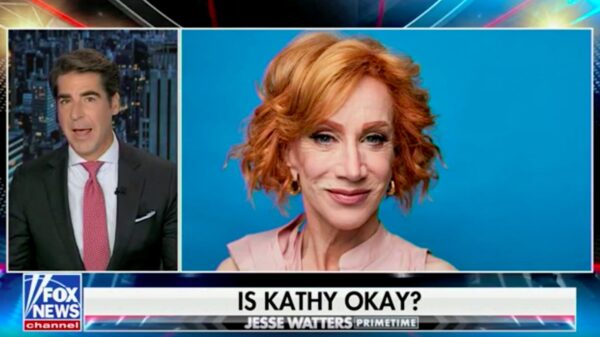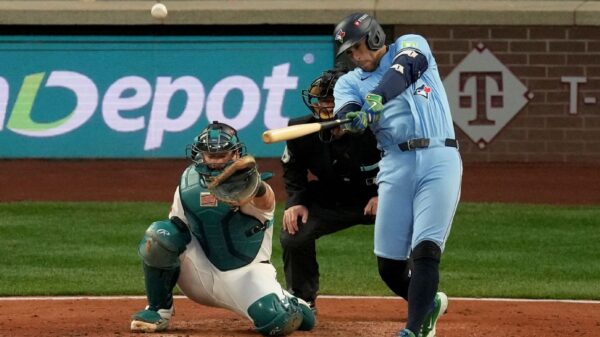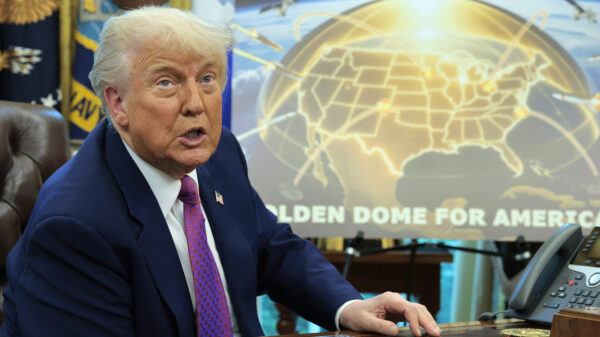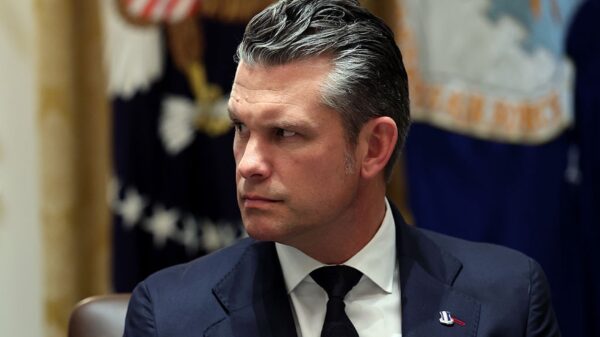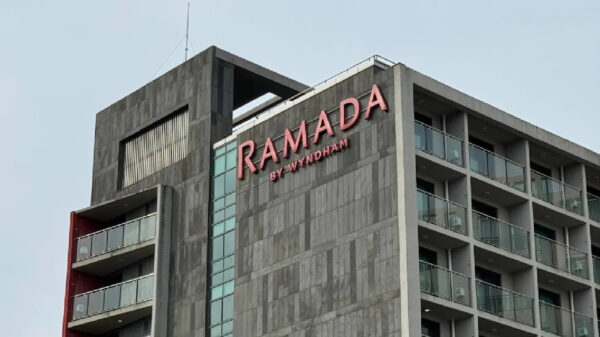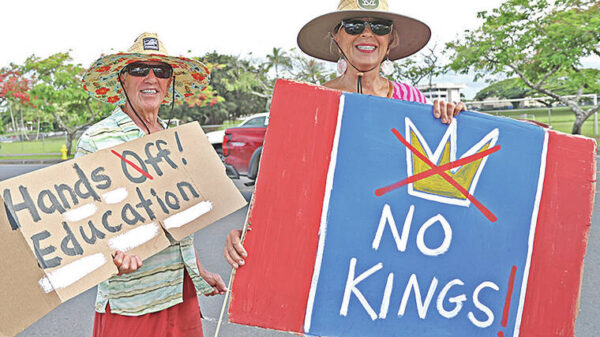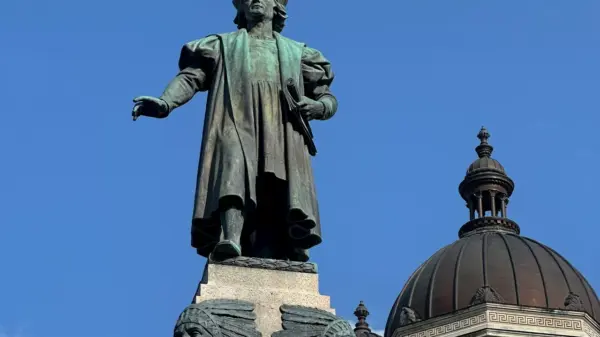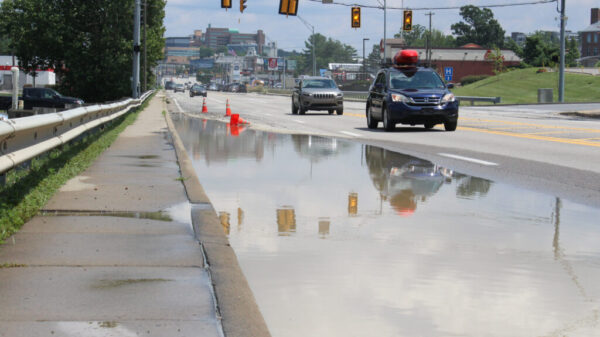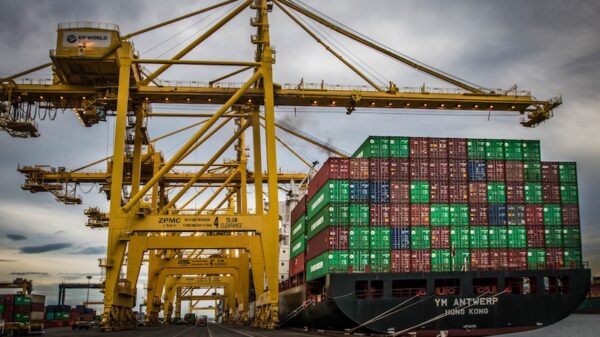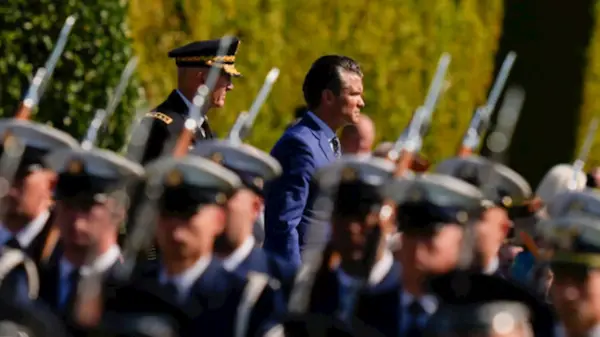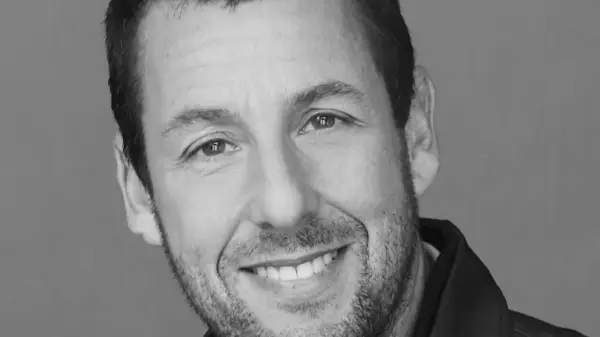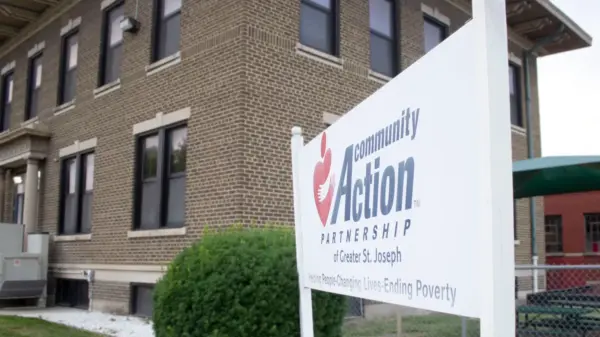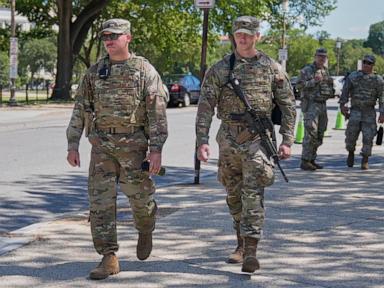UPDATE: President Donald Trump has just threatened to deploy the National Guard to major U.S. cities including Chicago, New York, Seattle, Baltimore, San Francisco, and Portland in a bid to combat what he claims is a surge in crime. However, new data reveals a significant decline in violent crime across these areas, raising questions about the necessity of such a drastic measure.
In the first half of 2025, homicides across the United States fell sharply compared to the same timeframe in 2024, continuing a post-pandemic trend. Notably, cities targeted by Trump have experienced a drop in major crime rates, contradicting his claims. The latest statistics show that aggravated assaults decreased in Chicago, Portland, Seattle, Baltimore, and San Francisco, while reports of rape saw a significant drop in San Francisco by 51%.
Despite these encouraging trends, public perception remains alarmingly different. According to a recent survey by the AP-NORC Center for Public Affairs Research, a staggering 81% of Americans view crime as a “major problem” in large cities, although only 32% support federal control over police forces.
John Roman, director at the Center on Public Safety & Justice at the University of Chicago, emphasized, “We’re at a remarkable moment in crime in the United States.” He notes that although some urban neighborhoods have persistent violence, no U.S. city is facing a true crisis.
The urgency of Trump’s remarks coincides with tragic events like the recent shooting at a Catholic school in Minneapolis, where two children were killed and 17 others injured. This incident, while shocking, does not overshadow the overall decline in crime rates in these major cities.
Trump’s focus on cities governed by Democrats raises eyebrows, as he has not indicated a similar strategy for cities in Republican-leaning states. For instance, Charlotte, North Carolina, has seen a rise in homicides and vehicle thefts, yet remains untouched by Trump’s threats.
Response from local leaders has been swift. Maryland Governor Wes Moore stated, “Deploying the National Guard for municipal policing purposes is not sustainable, scalable, constitutional, or respectful.” Experts like Michael Scott, director of the Center for Problem-Oriented Policing, advocate for community-based solutions that have proven more effective than military intervention in reducing violence.
Leaders in cities like San Francisco argue crime is at its lowest point in decades, with Mayor Daniel Lurie asserting that the city is “on the rise.”
As public discussions escalate, experts express skepticism about the efficacy of deploying the National Guard. Scott warns that such actions could instill fear among residents, leading to heightened anxiety rather than feelings of safety. “It’s more likely to generate undue fear and apprehension than it will lead to perceptions of reassurance and safety,” he added.
The situation remains fluid, and the response from local communities, experts, and public opinion will be critical in the coming days. Observers should watch for any official announcements regarding the National Guard’s potential deployment and continued updates on crime statistics.
As this story develops, stay tuned for further updates on this urgent issue impacting major U.S. cities.



